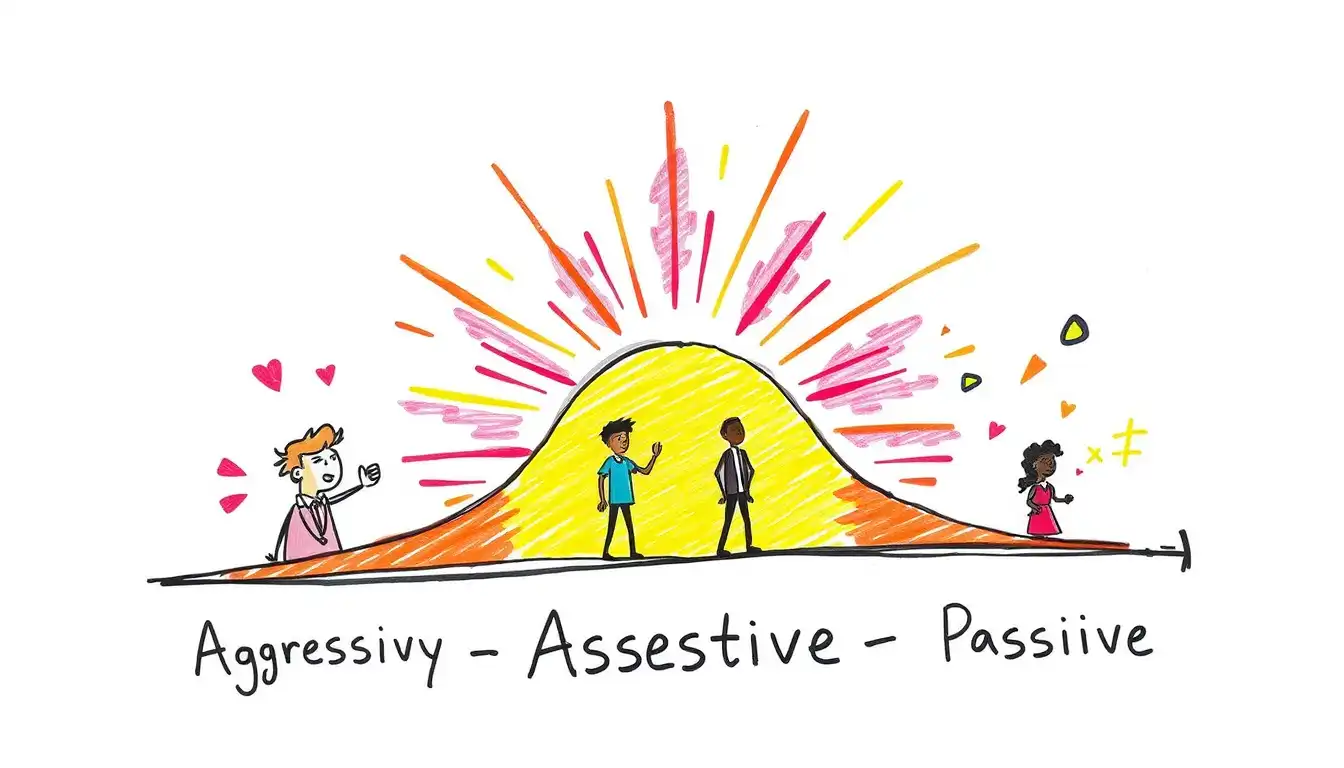Understanding Intercultural Negotiation
Intercultural negotiation is a crucial aspect of international business, where individuals from different cultural backgrounds come together to reach a mutually beneficial agreement. It’s a delicate dance of communication, trust-building, and understanding. In today’s globalized economy, the ability to negotiate effectively across cultures is no longer a luxury, but a necessity. As businesses expand their operations globally, they must be prepared to navigate the complexities of intercultural negotiation.
In intercultural negotiation, cultural differences can lead to misunderstandings, miscommunications, and even conflicts. For instance, in some cultures, direct communication is valued, while in others, indirect communication is preferred. Similarly, the concept of time, hierarchy, and authority can vary significantly across cultures. A deep understanding of these cultural nuances is essential to avoid potential pitfalls and build strong relationships.
The Importance of Cultural Intelligence in Intercultural Negotiation
Cultural intelligence (CQ) is the ability to understand and adapt to different cultural contexts. It’s a critical component of intercultural negotiation, as it enables individuals to navigate cultural differences effectively. CQ involves being aware of one’s own cultural biases, understanding the cultural norms and values of the counterpart, and adapting one’s communication style accordingly.
Individuals with high CQ are better equipped to handle cultural differences, build trust, and establish strong relationships. They can also anticipate potential cultural pitfalls and develop strategies to mitigate them. For example, in a negotiation with a Japanese counterpart, an individual with high CQ would understand the importance of building relationships, respect for authority, and the concept of “saving face.”
Effective Communication Strategies in Intercultural Negotiation
Effective communication is the backbone of successful intercultural negotiation. It’s essential to be aware of verbal and non-verbal communication styles, as they can vary significantly across cultures. For instance, in some cultures, direct eye contact is seen as a sign of respect, while in others, it’s considered impolite.
Active listening is another critical component of effective communication in intercultural negotiation. It involves fully concentrating on what the counterpart is saying, asking clarifying questions, and paraphrasing to ensure understanding. This helps to build trust, avoid misunderstandings, and create a conducive environment for negotiation.
The Role of Emotions in Intercultural Negotiation
Emotions play a significant role in intercultural negotiation, as they can influence the negotiation outcome. Cultural differences in emotional expression and regulation can lead to misunderstandings and conflicts. For instance, in some cultures, open display of emotions is seen as a sign of weakness, while in others, it’s a natural part of communication.
Individuals involved in intercultural negotiation must be aware of their own emotional triggers and those of their counterpart. They should also develop strategies to manage emotions effectively, such as taking breaks, using humor, or seeking clarification. By doing so, they can create a more conducive environment for negotiation and build stronger relationships.
Overcoming Barriers in Intercultural Negotiation
Despite the importance of intercultural negotiation, several barriers can hinder its success. Language barriers, cultural differences, and power imbalances are just a few examples. To overcome these barriers, individuals must be flexible, adaptable, and creative.
Technology can also play a significant role in overcoming barriers in intercultural negotiation. Video conferencing tools, translation software, and online collaboration platforms can facilitate communication, increase efficiency, and reduce costs. However, it’s essential to be aware of the potential limitations and biases of technology and to use it in a culturally sensitive manner.
FAQ
What is intercultural negotiation?
Intercultural negotiation is a process of reaching a mutually beneficial agreement between individuals from different cultural backgrounds.
Why is cultural intelligence important in intercultural negotiation?
Cultural intelligence is essential in intercultural negotiation, as it enables individuals to understand and adapt to different cultural contexts, build trust, and establish strong relationships.
How can I improve my communication skills in intercultural negotiation?
To improve your communication skills in intercultural negotiation, focus on active listening, be aware of verbal and non-verbal communication styles, and adapt your communication style to the cultural context.
What is the role of emotions in intercultural negotiation?
Emotions play a significant role in intercultural negotiation, as they can influence the negotiation outcome. Individuals involved in intercultural negotiation must be aware of their own emotional triggers and those of their counterpart.
Conclusion
Intercultural negotiation is a complex and nuanced process that requires a deep understanding of cultural differences, effective communication strategies, and emotional intelligence. By developing cultural intelligence, adapting to different cultural contexts, and overcoming barriers, individuals can unlock the full potential of intercultural negotiation and achieve global business success. Remember, intercultural negotiation is not just about reaching an agreement; it’s about building relationships, fostering trust, and creating a mutually beneficial outcome.







Leave a Reply